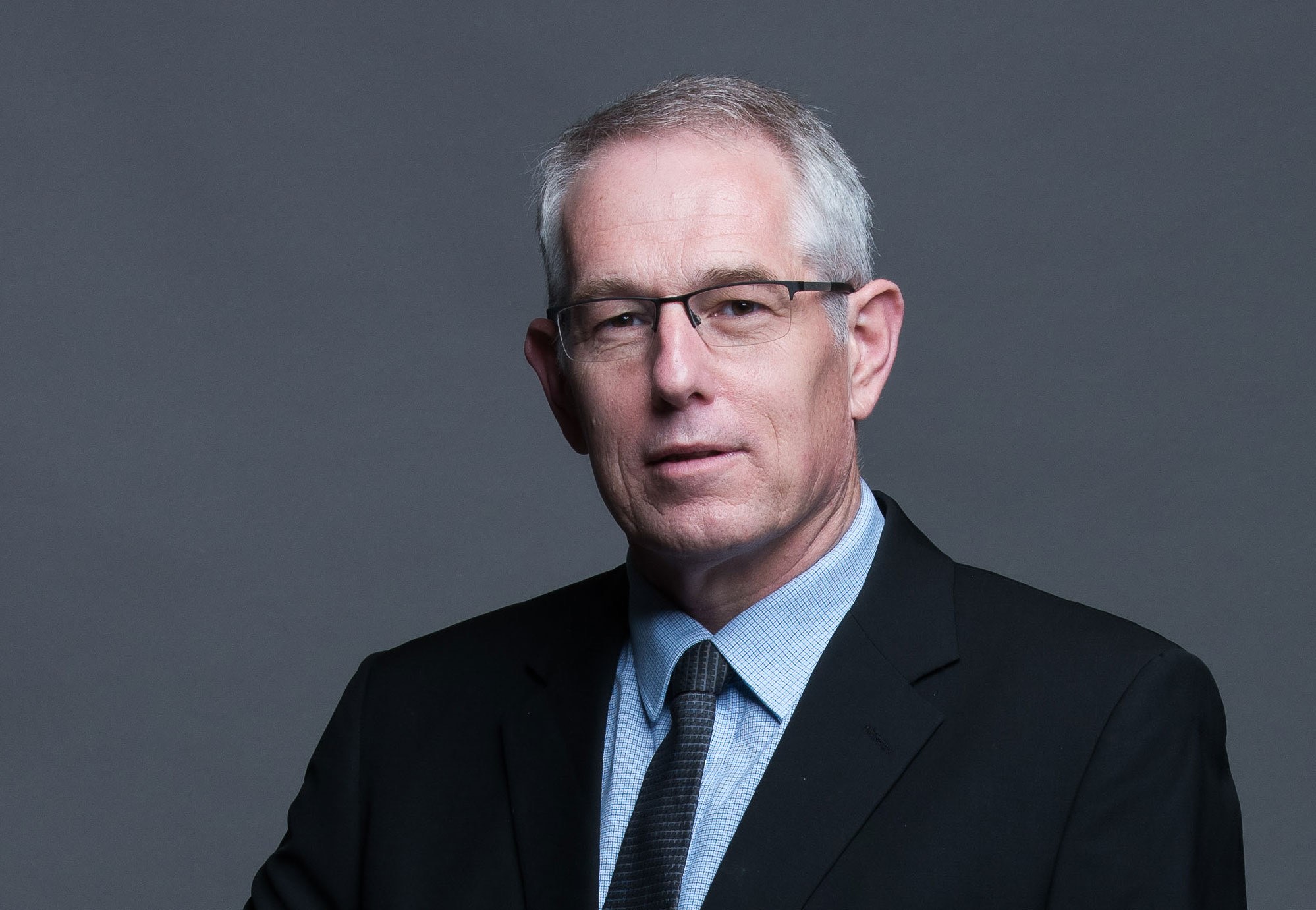
The Institute and Faculty of Actuaries is delighted to announce the appointment of Mike McDougall as Director of Learning. Mike brings a wealth of experience to the IFoA’s Executive Leadership team both as a qualified actuary and as a business leader with a proven track record in strategic and operational change.
Mike qualified through the Faculty of Actuaries in 1992 after which he held positions at Southern Life, Momentum and Metropolitan Life. Since 2013, Mike has been Chief Executive Officer at the Actuarial Society of South Africa (ASSA). The IFoA and ASSA have a close working relationship, with ASSA having benefited significantly over the years from the IFoA’s education and, more recently the IFoA has adopted ASSA’s banking specialist exams. Mike’s appointment at the IFoA will facilitate even greater cooperation between the two professional bodies.
IFoA President Kalpana Shah, said: “I would like to give Mike a warm welcome as he comes on board as Director of Learning. As a qualified actuary, he has walked that road that our members are walking of balancing studies and professional development with a full-time job. In addition, our work with ASSA means that we have seen, first-hand, Mike’s commitment to collaboration with other actuarial societies and the wider profession. Mike’s experience and fresh perspective will be crucial as we continue to evolve the IFoA’s education offering.”
Mike McDougall, incoming IFoA Director of Learning, said: “I care deeply about the advancement of the actuarial profession and have huge respect for the work the IFoA is doing to support this. I believe that education plays a critical role in supporting actuaries, as they move towards qualification and throughout their working lives. One key focus for me will be to maintain the underlying ethos of actuarial education – the strategic approach to risk management coupled with professionalism – while incorporating the advantages that technology, including artificial intelligence, can bring. I look forward to joining the IFoA and working with the Learning team and as part of the Executive Leadership Team.”
Ben Kemp, Chief Executive Officer (interim), said: “The IFoA has always been committed to providing a modern and robust pathway to qualification and beyond and we want to ensure that the learning experience is a positive one for our members. It is incredibly valuable to have someone of Mike’s calibre joining this organisation and bringing his broad range of experience to our Learning team.”
~ENDS~
Sonia Sequeira, Communications Lead, IFoA
Tel: 07525 592 198
Email: sonia.sequeira@actuaries.org.uk
The Institute and Faculty of Actuaries (IFoA) is a royal chartered, not-for-profit, professional body.
Research undertaken by the IFoA is not commercial. As a learned society, research helps us to fulfil our royal charter requirements to further actuarial science and serve the public interest.
Actuaries provide commercial, financial and prudential advice on the management of a business’s assets and liabilities, especially where long term management and planning are critical to the success of any business venture. They also advise individuals, and advise on social and public interest issues.
Members of the IFoA have a statutory role in the supervision of pension funds and life insurance companies. They also have a statutory role to provide actuarial opinions for managing agents at Lloyd’s of London.
Members are governed by the Institute and Faculty of Actuaries. A rigorous examination system is supported by a programme of continuing professional development and a professional code of conduct supports high standards reflecting the significant role of actuaries in society.
The IFoA is available to provide independent expert comment to the media on a range of actuarial-related issues, including COVID-19 and its long term consequences, mortality, pensions, life and general insurance, health and care, finance and investment, climate change and sustainability, systems thinking, uncertainty and judgement, and risk management.